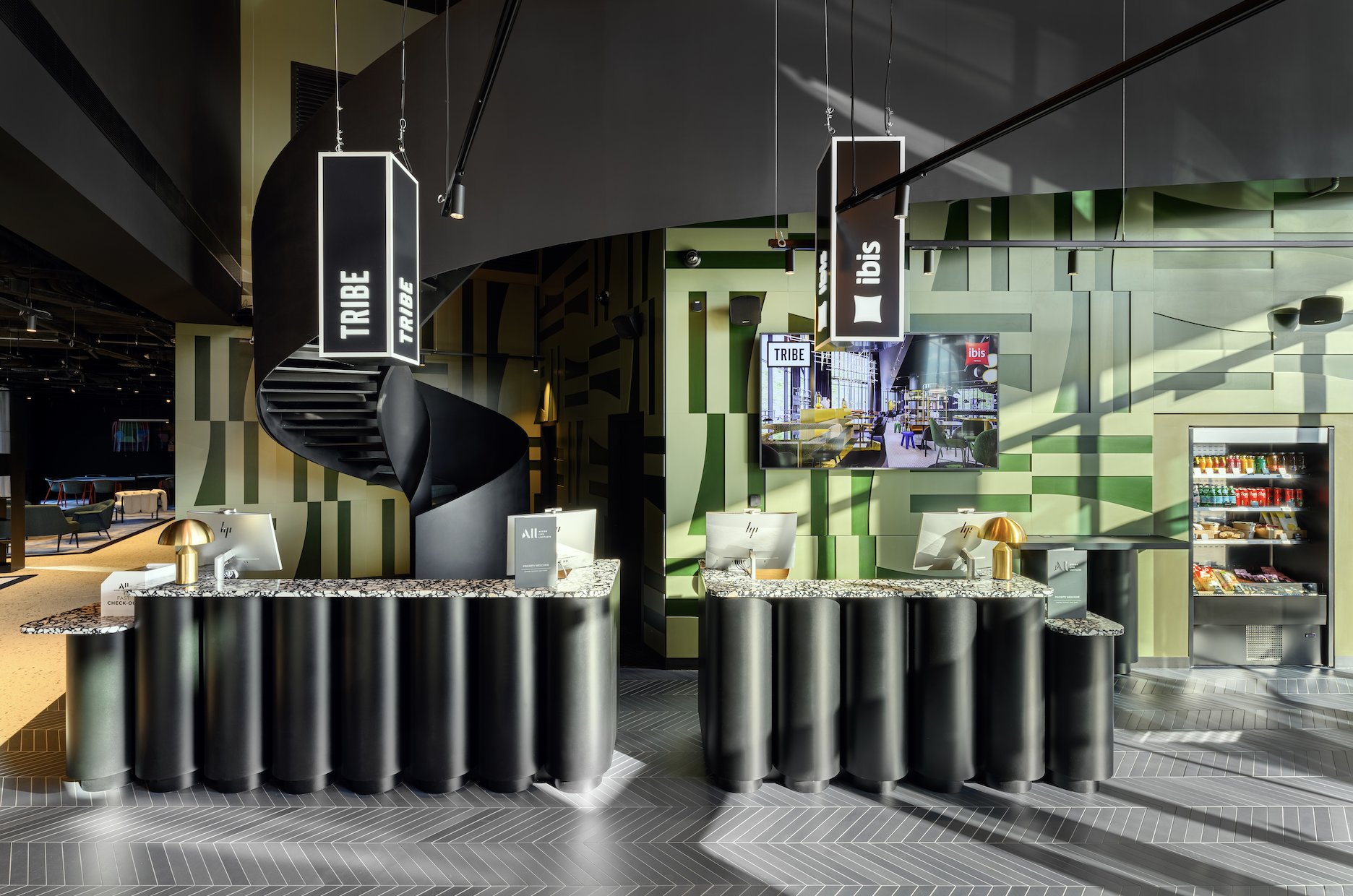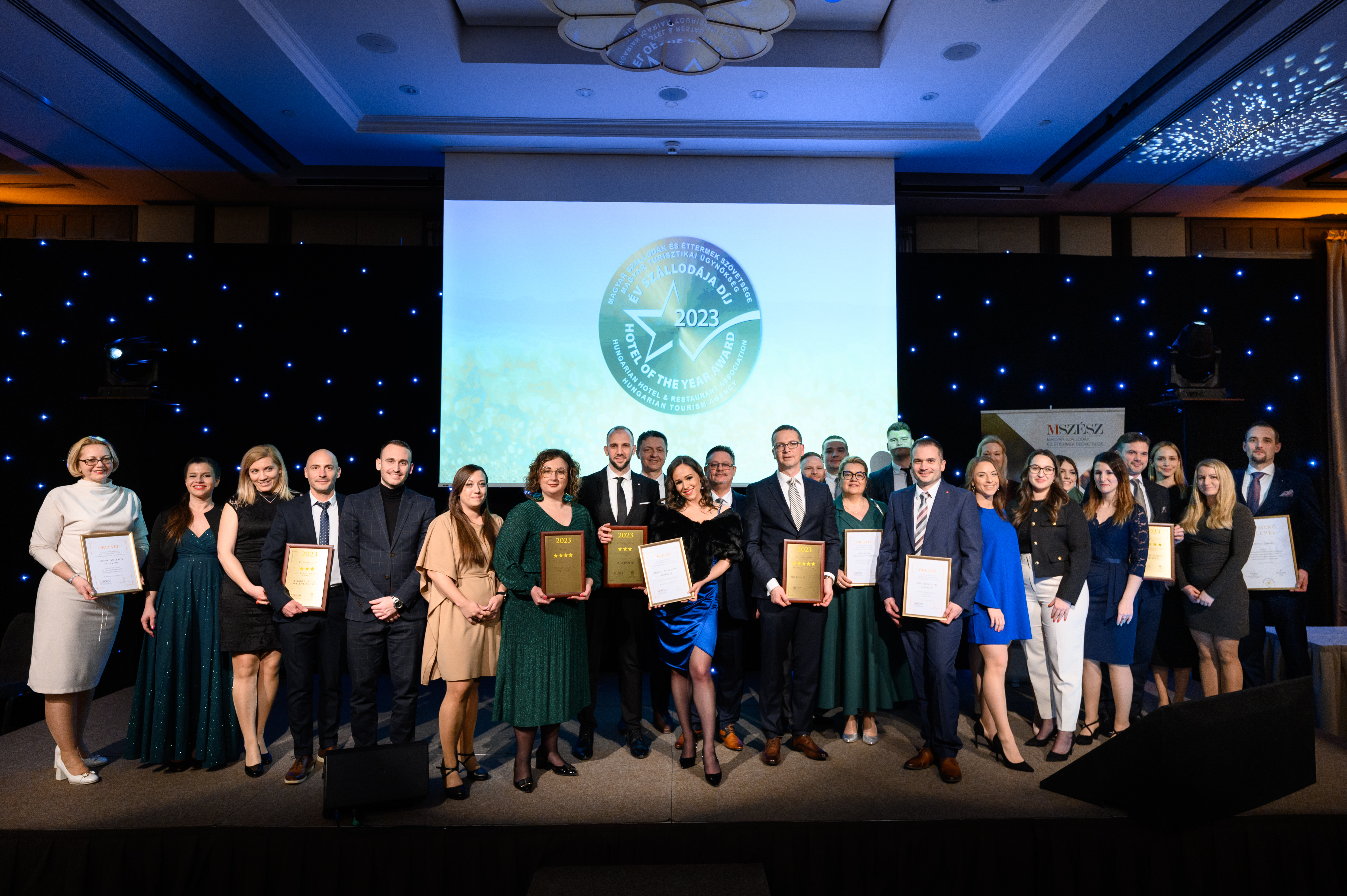Tourism Sector Rides out Initial Downturn, but Many Businesses Face Tough Future

July gave initial signs of a revival in Hungary’s tourism sector after the collapse caused by the onset of the coronavirus pandemic in March: the month saw first outings of open-topped buses in Budapest, while hotels at domestic resorts reported strong demand. But with Budapest hotel bookings for August at less than 10% of 2019 levels, the short-term outlook remains bleak.
Tamás Flesch
Life for those in Hungarian hospitality sector remains “very difficult”, despite looser restrictions on foreign visitors since June, Tamás Flesch, president of the Hungarian Hotel and Restaurant Association, tells the Budapest Business Journal.
“July was a little bit better because of the Formula 1 [Grand Prix race], but the general occupancy of hotels in Budapest which are open is less than 10%,” he says.
Not only that, but the red-yellow-green country-of-origin classification system introduced by the government to make entry restrictions more understandable to travelers seems to have resonated with potential visitors in an unexpected way.
“We were getting reservations from abroad, not many, but some, but after this red-yellow-green system was introduced, reservations stopped immediately, in a minute!” he says.
Moreover, the “booking window”, the period when visitors book rooms in advance of their stay, has shrunk from between two weeks and three months to between 24-48 hours. While this might feel more spontaneous and exciting for the visitors, it makes planning for hoteliers, who need to prepare staff and supplies, far more difficult.
“Now it’s Thursday, and you decide to go to Budapest tomorrow or Saturday. This is especially true for younger visitors traveling by car. It’s incredible!” Flesch says.
Bright Spot
The one clear bright spot in the sector is the recovery of provincial tourism, with a recent survey by OTP Mobil and Groupama Insurance finding more than two-thirds of respondents were preparing for a domestic vacation.
This is in part a natural response as Hungarians shy away from neighboring countries such as Austria and Croatia, in part encouraged by a strong government marketing campaign dubbed #itissafeathome.
“Generally, the countryside is OK at the moment. Sopron is suffering, but Lake Balaton and Lake Velence are very good. Eger and [spa town] Hajdúszoboszló are also fine,” Flesch said, although he stressed that foreign tourists, who are bigger spenders, remain a significant missing element.
The experience of Danubius Hotels, which with 14 properties in Hungary is one of the largest hospitality chains in the country, largely mirrors Flesch’s analysis.
Following a complete, unavoidable shutdown throughout Hungary on April 1, the company began opening its four provincial hotels at the end of May, Balázs Kovács, Danubius chief executive tells the BBJ.
“Domestic demand showed more rapid growth, which is why we opened our countryside hotels first. Guest numbers are currently significantly higher compared to the capital, with occupancy rates at between 80-90%,” he says.
Indeed, guest-nights in Danubius’ Balatonfüred units near Lake Balaton are better in the coming two months than in 2019, enabling the company to transfer some staff from Budapest to meet demand.

Balázs Kovács
Capital Caution
Given the dearth of foreign visitors, Danubius has been far more cautious reopening its Budapest operations, starting with the Helia in June and the downtown Erzsébet in mid-July.
That caution appears to have paid off, with occupancy rates at between 30-40%, well above Flesch’s estimates for the current capital norm.
Danubius is moving to reopen the Hotel Gellért on August 7, along with the Hilton Budapest (in the Castle District), Radisson Blu Béke Hotel and Astoria in September.
But despite this ambitious plan, Kovács admits that revenues this year are likely to be 60-70% down on 2019.
Naturally, the poor occupancy rates have led to a corresponding drop in room rates (Flesch estimates a 50% reduction in this key performance indicator), which in turn means excellent price deals for more adventurous tourists willing to travel in these uncertain times.
The four-star Hotel Moments, a short walk from the Szent István Bazilika on Andrássy út and run by Flesch’s company, Continental, is offering a 10% discount on overnight prices, with further giveaways for longer stays.
But with a number of government support schemes closing at the end of June, Flesch says the industry’s troubles are far from over.
“In March, hotels were optimistic, assuming they could close until September, then reopen and with 25-30% occupancy, break even for the year,” says Flesch.
This meant they retained, typically, 60-70% of staff, albeit on reduced salaries. But with no vaccine expected until the end of the year at the earliest, at best the sector is now facing a further eight months with minimal revenues until Easter 2021.
“As we see the situation at the moment, we’ll have to fire people, for sure. We will have to decide within a few weeks,” Flesch warns. “We were quite happy with the [government] help until the end of June, and we know also that the government has a maximum capacity to help. But anyway, now, especially in Budapest, we need help.”
Stricter Hygiene Measures Increase Costs but Essential ‘for Proper Hotel Service’
The COVID-19 pandemic has prompted all responsible hoteliers to introduce stricter hygiene regimes to protect both guests and staff from the risk of infection.
Typically, measures include more intensive cleaning and disinfection of all public and staff areas, the installation of hand sanitizers and additional spacing between tables.
At Danubius Hotels, the new “Safe Stay” policy also includes special hygiene treatment of serving utensils, and safe serving of food.
“We have discontinued the breakfast buffet and now have waiters serving the chosen food,” says Balázs Kovács, Danubius Hotels CEO, adding “In the background, less visible to guests, food is prepared by the kitchen staff wearing masks, gloves and protective clothing, in accordance with the strictest hygiene standards.”
Danubius now employs Safety Specialists to answer questions, and offers guests handouts to understand the new protective regime. Children learn key safety principles through a game in play areas, where special attention is given to the disinfection of toys.
Staff, too, enjoy enhanced safety protocols. All employees have attended an in-house hygiene training course based on international standards, and are tested for COVID-19 prior to starting work.
Such measures inevitably bring higher costs, Kovács admits, but he says they are essential “for proper hotel services now, when guests are fundamentally concerned with safety.”
SUPPORT THE BUDAPEST BUSINESS JOURNAL
Producing journalism that is worthy of the name is a costly business. For 27 years, the publishers, editors and reporters of the Budapest Business Journal have striven to bring you business news that works, information that you can trust, that is factual, accurate and presented without fear or favor.
Newspaper organizations across the globe have struggled to find a business model that allows them to continue to excel, without compromising their ability to perform. Most recently, some have experimented with the idea of involving their most important stakeholders, their readers.
We would like to offer that same opportunity to our readers. We would like to invite you to help us deliver the quality business journalism you require. Hit our Support the BBJ button and you can choose the how much and how often you send us your contributions.







